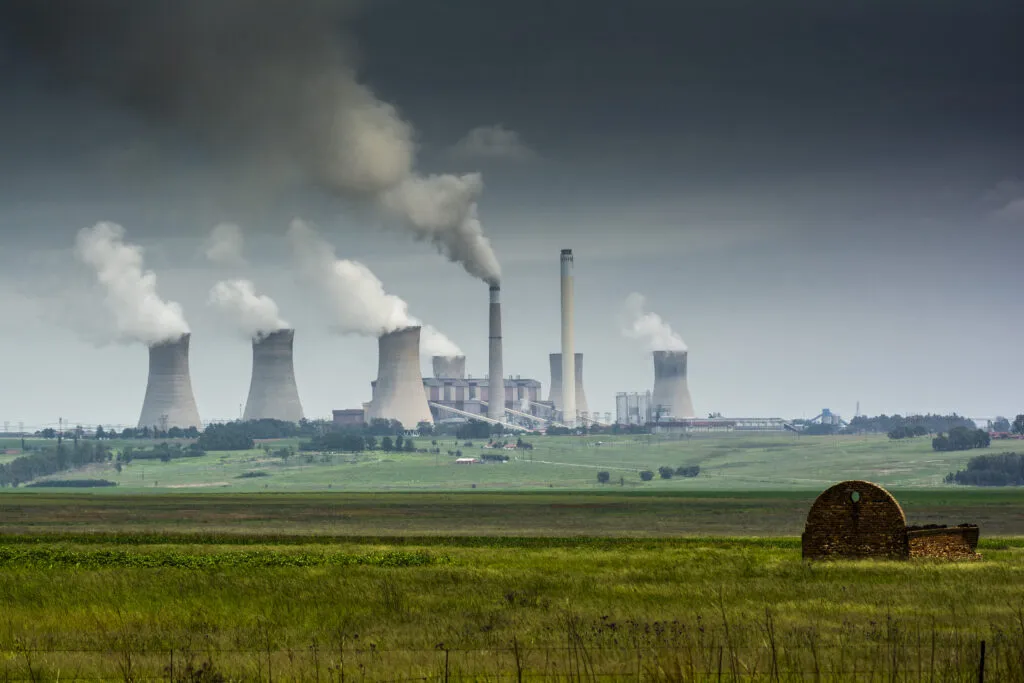
Concerns raised over South Africa’s air quality … What actions are being taken?
An international index has once again criticized South Africa’s air quality, attributing it to our heavy dependence on coal-fired power plants…

South Africa’s air quality is back in focus following recent findings from the Air Quality Index (AQI). Based on 2023 data, the AQI highlights that the country’s average pollution concentration in parts per million (PM) is four times higher than the air-quality guidelines set by the World Health Organization (WHO).
Likewise, the South African National Treasury is continuing to monitor Eskom’s emissions after they skyrocketed in 2022/2023 during our worst-ever years for load-shedding, reports Daily Investor. It says poor South African air quality represents the single largest health hazard to residents. This is due to the county’s over-reliance on coal-fired power stations.
POOR SOUTH AFRICAN AIR QUALITY
Cross-referencing AQI with the National Treasury, South African air quality has taken a significant hit over the last two years. Coal-fleet emissions climbed from 0.4 kg/MWh in 2022 to more then 1.10 kg/MWh in 2023. This coincided with the most days of load-shedding in a single year – 332 of interrupted power supply in 2023. In turn, this created a rapid increase in harmful sulfur dioxides which can lead to long-term respiratory issues.
Specifically, decreased lung function, asthma attacks and heart disease in sensitive groups. Allegedly, 17 of Eskom’s power-generation units are non-compliant with average monthly emission limits. The Centre for Research on Energy and Clean Air (CREA) ranks Eskom as the largest emitter of harming sulfur dioxides in the world. And believes more than 79 500 people’s lives are at risk if air quality issues are not urgently addressed.
AGEING FLEET, NO RENEWABLES
As The South African reported back in 2023 that Eskom spent more than R12 billion on emergency measures to keep the lights on during peak load-shedding. While things are clearly improving – with more than 200 days of zero power disruption so far in 2024 – Eskom still needs to address its emissions performance. Renewable energy solutions need to be introduced, as does ongoing refurbishment of ageing equipment, improved coal quality and fleet maintenance. If not, the consequences will be dire …
